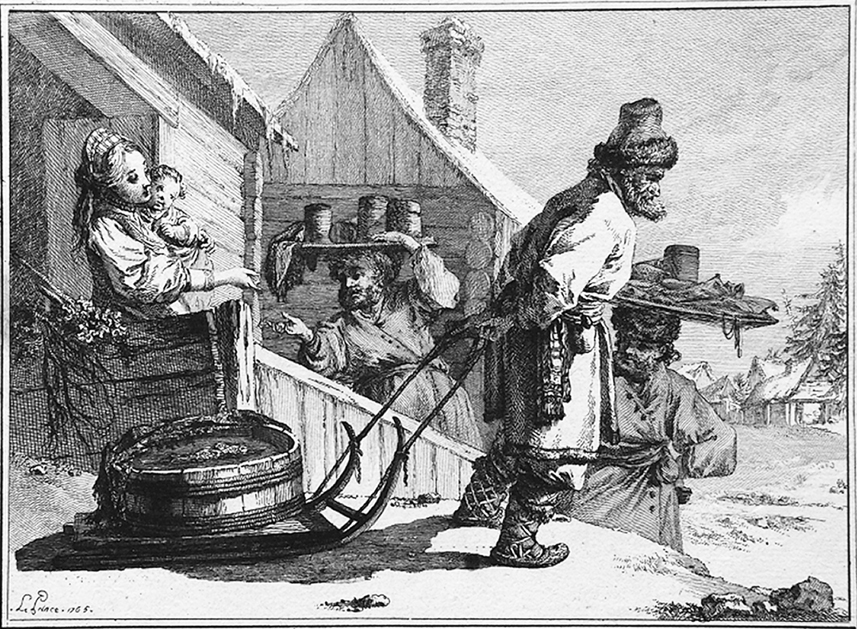A History of World Societies:
Printed Page 546
A History of World Societies Value
Edition: Printed Page 547
Mongol Rule in Russia and the Rise of Moscow
In the thirteenth century the Mongols had conquered Kievan Rus, the medieval Slavic state centered first at Novgorod and then at Kiev, a city on the Dnieper River, which included most of present-
By 1480 Ivan III was strong enough to refuse to pay tribute to the Mongols and declare the autonomy of Moscow. To legitimize his new position, Ivan and his successors borrowed elements of Mongol rule. They forced weaker Slavic principalities to render tribute previously paid to Mongols and adopted Mongol institutions such as the tax system, postal routes, and census. Loyalty from the highest-

Another source of legitimacy lay in Moscow’s claim to the political and religious inheritance of the Byzantine Empire. After the empire’s capital, Constantinople, fell to the Ottomans in 1453, the princes of Moscow saw themselves as heirs of the Byzantine caesars (emperors) and guardians of the Orthodox Christian Church. Ivan III’s marriage to the daughter of the last Byzantine emperor enhanced Moscow’s claim to have inherited imperial authority. The title tsar, first taken by Ivan IV in 1547, is a contraction of caesar.